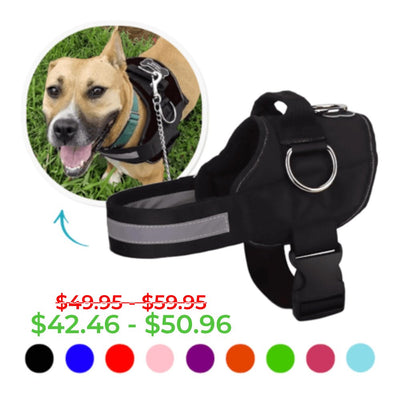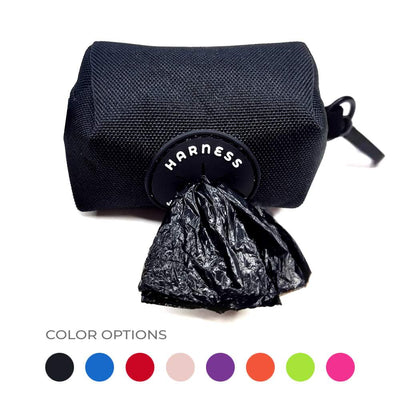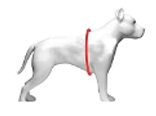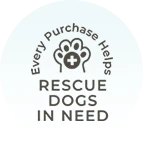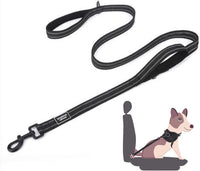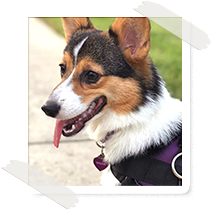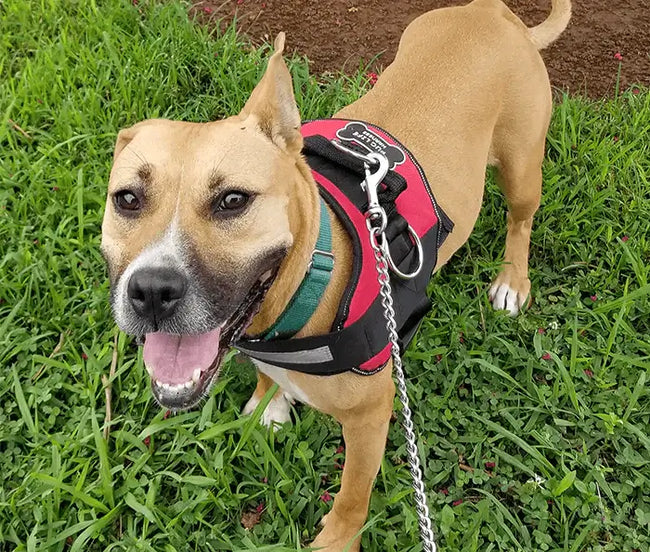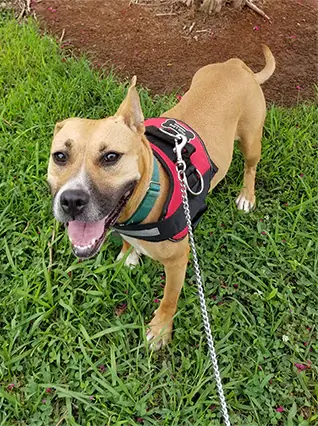Tips For Handling Your Dog's Allergies

It’s no secret that we, as humans, can experience allergic reactions to dogs. It’s really an unfortunate circumstance with potential allergy treatments available depending on the severity of your dog allergies. But did you know that dogs can have allergies, too? A dog allergy is very much a thing!
Dog’s allergies are not as simple as you think though.
By definition, an allergy is “a damaging immune response by the body to a substance, especially pollen, fur, a particular food, or dust, to which it has become hypersensitive.” Allergies, however, can be difficult to determine because the symptoms can overlap.
Here are the different types of allergies and allergic reactions your dog can experience.
Skin Allergies
The most common of allergies experienced by dogs is skin allergies, also known as allergic dermatitis. A skin related dog allergy is the result of any of the following or a combination of the following: flea allergies, food allergies, and/or environmental factors and allergens.
About Flea Allergies
According to Pet MD, “Flea allergy dermatitis (flea allergies in dogs) is the most common skin disease in pets. And although flea allergies in dogs usually develops when dogs are young (less than 1 and up to 5 years of age), a dog flea allergy can begin at any age. It is the saliva from flea bites on dogs that is actually believed to be the cause of the allergy or sensitivity.”
About Food Allergies
Another common allergy experienced by dogs is food related. It leads to symptoms like severe itching, red or inflamed skin, hives, and/or gastrointestinal issues. When it’s a food allergy, it’s observed to be a consistent issue year-round.
About Environmental Allergies
Just like food allergies, your dog’s environment and the environmental allergies, or allergens, it may have can lead to severe itching, red or inflamed skin, hives, and/or gastrointestinal issues. The only difference is the frequency of the symptoms. Food allergies show year-round whereas environmental allergies change depending on the time of the year.

Acute Allergic Reactions
These allergies are the most alarming of all and hard to miss. Say your dog gets stung by a bee or reacts to a vaccination. Both of these can yield symptoms and reactions that are fatal, so be sure to seek medical assistance as soon as possible so that they can treat it. Treatments more than likely will involve the use of antihistamines.
Identifying Allergic Reactions
Here are the symptoms to keep an eye out for when your dog is having an allergic reaction due to one of the causes above:
- Inflammation of the face, mouth, eyelids, ears or earflaps
- Itchiness and/or hives
- Redness
- Swelling
- Diarrhea or loose stools
- Vomiting
- Sneezing
- Chronic ear infections
- Watery eyes
- Overgrooming or constant licking

Diagnosing & Treating Allergies
Diagnosing your dog’s allergies will require assistance from your trusted veterinarian. According to American Kennel Club (AKC), “The first thing your veterinarian may choose to do is rule out any other condition that could be causing your dog’s symptoms. If your veterinarian feels that an allergy is a likely cause, he or she may propose allergy testing to try and determine the cause of the allergen that is causing the reaction. However, keep in mind it may not always be possible to determine the cause of an allergy with testing.”
Treating Food Allergies
The treatment for food allergies experienced by dogs will require a strict diet and switching to a protein your dog doesn’t usually eat. This strict diet would occur over the course of several months at least and your veterinarian can provide assistance with a meal plan.
Treating Environmental Allergens or Allergies
Depending on the severity of the allergy your dog is experiencing due to environmental allergens or factors, medications might come into play to alleviate or eliminate the symptoms and discomfort. Other methods include skin testing and blood testing to isolate and determine what in the environment is causing allergic reactions.
This is just a sampling of tips we offer at Joyride Harness. You can find more tips and tricks and how-tos for caring for your dog on our blog at this section. Feel free to leave a comment with tips you’re looking for!


